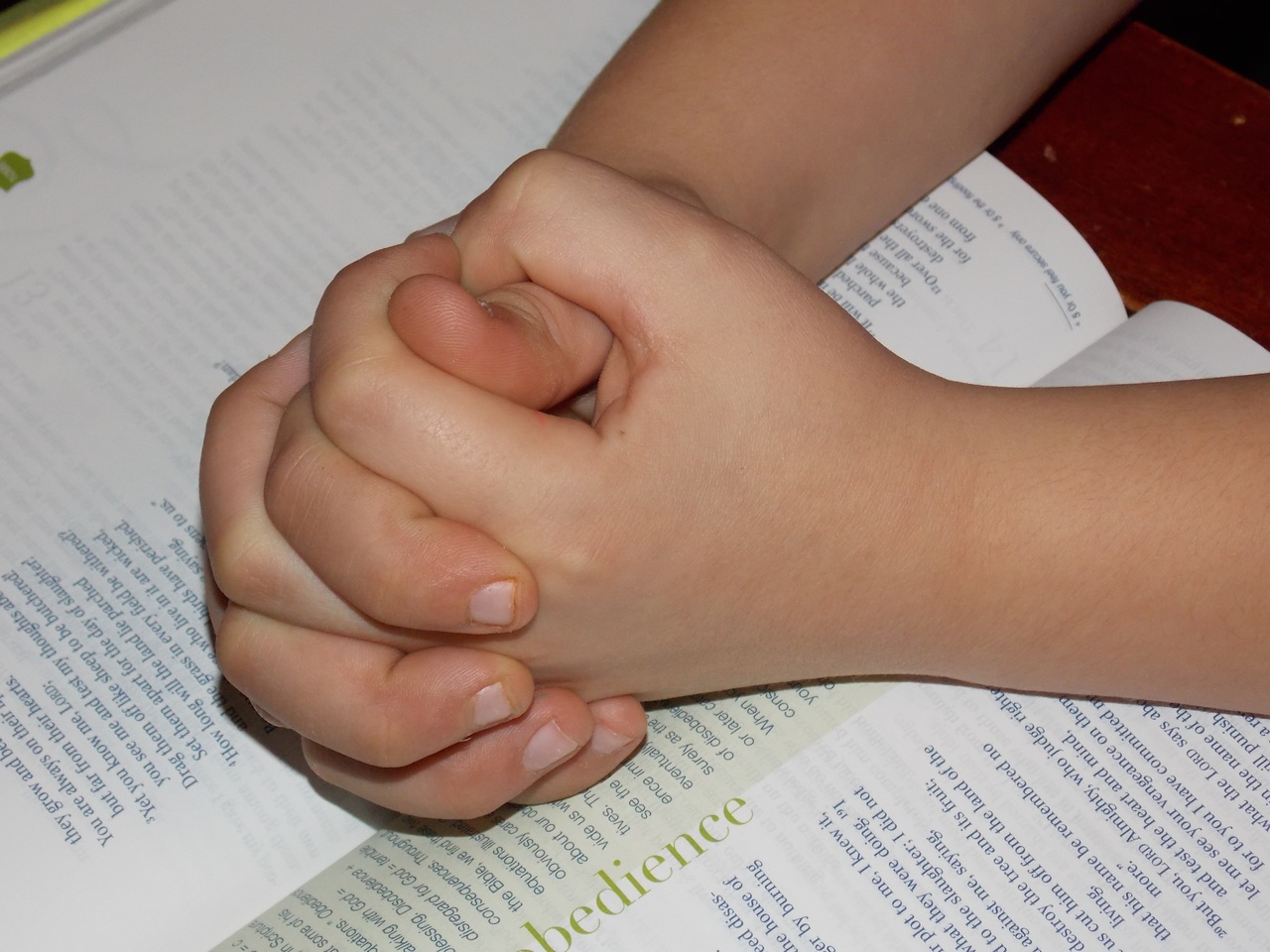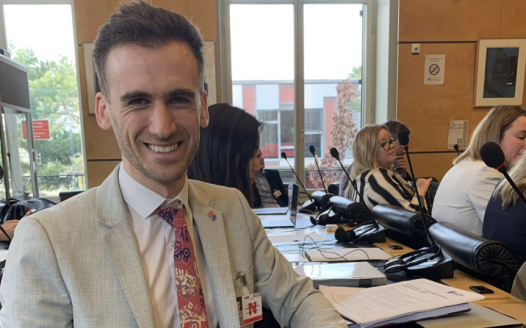The requirement to hold collective worship in schools is crumbling and not worth saving
Posted: Thu, 5th Dec 2019 by Alastair Lichten
After two parents forced a school trust to provide an alternative to religious assemblies for their children, Alastair Lichten says the law which requires schools to hold acts of worship needs to change.
Last month the Oxford Diocesan Schools Trust reached a settlement with two parents, Lee and Lizanne Harris, over the way their children's school interpreted its legal duty to provide daily collective worship and a right to withdraw. The school, Burford primary, is a community ethos academy – so it's not a faith school. As part of the settlement the trust, which is part of the Church of England, agreed that the school would provide a meaningful inclusive alternative for pupils withdrawn.
The settlement, which was also endorsed by the Department for Education, does not set a precedent in the legal sense. But it is very clear that the Harrises' human rights arguments had weight and that the trust had reason to believe these would have prevailed in court. Following these arguments more and more parents have a firmer basis for persuading schools to make assemblies inclusive or provide an inclusive alternative for pupils withdrawn from worship.
While few would wish to escalate to that level, schools will know that failing to make such accommodations could result in legal action where they would be in an unenviable position.
Under the 1944 Education Act schools are required to provide an act of daily worship and to require children to participate. But this case draws attention to the key point that it's not enough for school leaders to simply point to the law as it stands, or use it as cover if they want to use the school to promote their personal worldview. Schools must justify their policies on how they interpret and deliver the collective worship requirement. That goes beyond simply justifying their alternative arrangements and management of the right to withdraw.
There's a huge range of resources for school assemblies to make them educationally valuable and inclusive. But some will feel that a requirement to hold both a religious and a secular assembly just makes things more complicated and burdensome. Many schools finding themselves in such a situation and not wanting to stretch themselves just to fulfil a religious agenda they don't think is suitable will simplify things by making the inclusive alternative the main assembly.
Some schools already recognise the law is unworkable and (with Ofsted and the government's acquiescence) ignore it. But others stretch the interpretation almost to breaking point, by simply holding inclusive assemblies without any directed worship element, but with a moment of silence at the end, and say that provides the collective worship opportunity.
Forty-three per cent of teachers in community ethos primary schools report that they have some form of collective worship, compared to 96% in C of E faith primary schools and 92% of Catholic primaries. Far more children attend mandated worship in C of E faith schools than anyone voluntarily attends weekly Anglican services.
Even in faith schools, we shouldn't automatically assume that directed worship is suitable for the school community. Young people's freedom of belief and right to choose whether not they wish to pray, free from coercion, shouldn't depend on the school their parents choose. And in any case, the research shows that parents overwhelmingly make school choices on nonreligious grounds and often have little choice but a faith school.
The problem is that parents then don't know what to expect. You could pick a community school which provides inclusive assemblies, then a new head teacher comes in or the school joins a Christian academy trust and suddenly that all changes. You could get used to assemblies in your child's primary school and then suddenly at secondary school discover there's more of the religious agenda. You could suddenly discover that weekly assemblies are being run by an evangelical organisation.
Sensible guidance could at least make things clearer and provide a firmer basis for schools who are already conducting inclusive assemblies. The government's failure to update guidance over the last two decades to consider changing best practice and the growing unpopularity and unsuitability of directed worship is utterly inexcusable. At the very least the DfE's endorsement of the Harris settlement must prompt it to clarify its position.
But ultimately, the law needs to change. And the simplest solution would be to replace the requirement for daily school worship with a requirement for regular inclusive assemblies. The state has absolutely no business mandating schools to conduct worship, and schools have absolutely no business directing students to pray.
Lee and Lizanne Harris talked about their experience with their school's collective worship policy and the court case in episode 20 of the National Secular Society podcast. Click here for all our podcasts and to subscribe.
Image by Marcia bispo Bença from Pixabay.
What the NSS stands for
The Secular Charter outlines 10 principles that guide us as we campaign for a secular democracy which safeguards all citizens' rights to freedom of and from religion.








